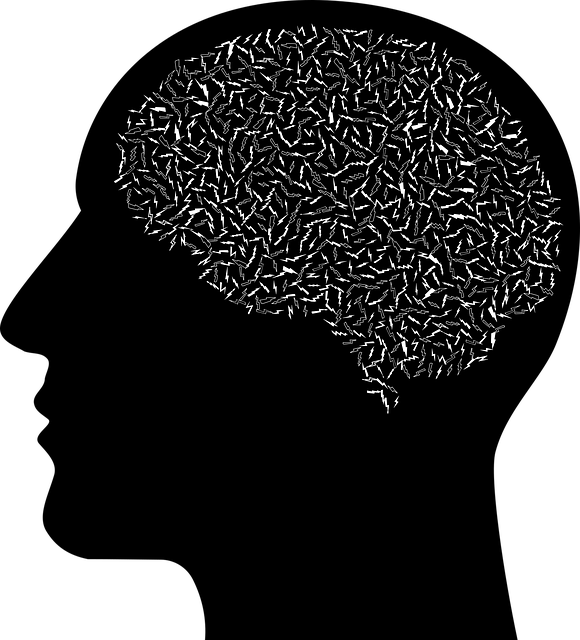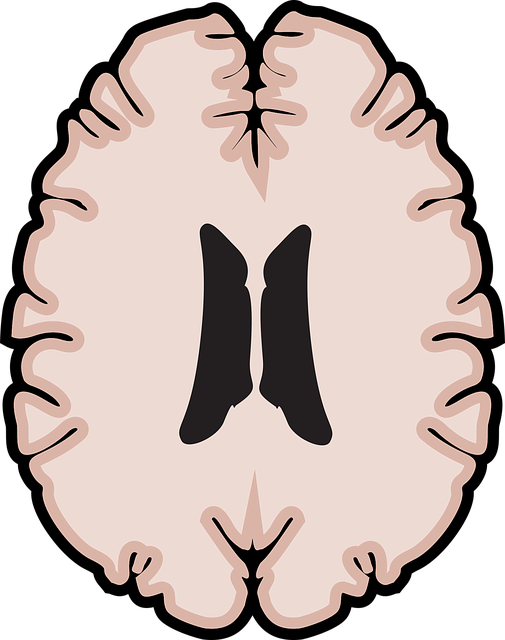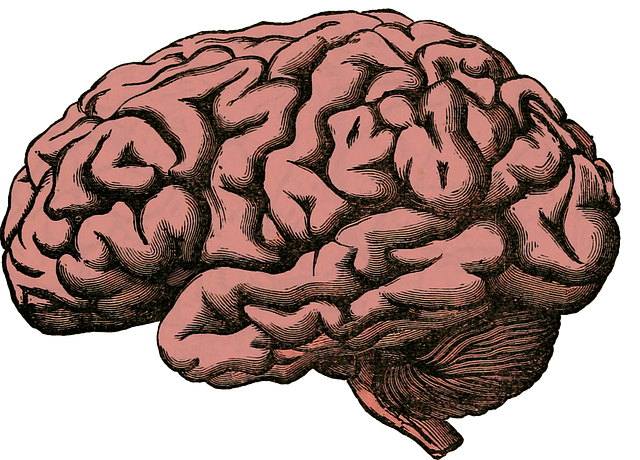Northglenn Children Therapy prioritizes patient safety through rigorous risk assessment, integrating Mental Health Policy Analysis, mindfulness meditation, and a podcast series to enhance client coping mechanisms. Therapists vigilantly address individual challenges, from trauma to behavioral disorders, fostering open communication for early intervention. Their comprehensive approach includes strategies like confidence-boosting techniques and community resource outreach, coupled with staff training in crisis intervention and de-escalation. Regular peer supervision, cultural competency training, and trauma support services ensure continuous learning and development, catering to diverse client needs.
Mental health professionals, like those at Northglenn Children’s Therapy, face unique risks in their work. This article explores comprehensive risk assessment strategies essential for creating safe therapeutic environments. We delve into identifying potential hazards, from client vulnerabilities to staff stress, and provide practical solutions. Learn how implementing robust safety protocols, continuous evaluation, and professional support can mitigate these risks, ensuring both clients’ well-being and therapists’ resilience in Northglenn Children’s Therapy settings.
- Understanding Risk Assessment in Mental Health
- Identifying Potential Risks in Northglenn Children's Therapy
- Implementing Effective Safety Measures and Protocols
- Continuous Evaluation and Professional Support for Therapists
Understanding Risk Assessment in Mental Health

In the field of mental health care, risk assessment is a vital tool for professionals like those at Northglenn Children Therapy. It involves meticulously evaluating and understanding potential risks and hazards within various therapeutic settings to ensure client safety and effective treatment. By conducting thorough risk assessments, therapists can identify and mitigate factors that may contribute to adverse outcomes, thereby fostering an environment conducive to healing and growth.
This process encompasses a comprehensive Mental Health Policy Analysis and Advocacy approach, where professionals consider not only individual client risks but also broader systemic issues. Additionally, practices like Mindfulness Meditation and the production of Mental Wellness Podcast Series can play a supportive role by enhancing clients’ coping mechanisms and promoting overall Mental Wellness. Such proactive measures are essential for maintaining a safe and nurturing space for vulnerable individuals seeking therapy.
Identifying Potential Risks in Northglenn Children's Therapy

In Northglenn Children’s Therapy, identifying potential risks is a multifaceted process that requires continuous vigilance and proactive measures. Therapists must be attuned to the unique challenges faced by their young clients, who may present with a range of issues from trauma and anxiety to behavioral disorders. The therapeutic environment should foster open communication where children feel safe expressing their feelings and fears, which can sometimes hint at underlying risks. Mental health professionals play a crucial role in recognizing these subtle cues, such as sudden changes in behavior or withdrawal, which might indicate escalating mental health concerns.
Addressing these risks effectively involves not just identifying them but also implementing strategies to mitigate their impact. This includes confidence-boosting techniques tailored for children, which can help build resilience and coping mechanisms. Additionally, Northglenn Children’s Therapy can leverage its Community Outreach Program Implementation to connect families with community resources, enhancing the support system around each child. Promoting Mental Health Awareness through educational initiatives within the community further underscores the holistic approach to risk assessment and management in this therapeutic setting.
Implementing Effective Safety Measures and Protocols

Mental health professionals play a crucial role in helping individuals navigate complex emotional landscapes. To ensure their safety and effectiveness, implementing robust safety measures and protocols is essential. At Northglenn Children Therapy, we prioritize these strategies as key components of our service provision. This involves regular training for staff on crisis intervention techniques and de-escalation methods, fostering an environment where professionals feel equipped to handle potential risks.
Additionally, establishing clear communication channels with clients and their support networks is vital. Public Awareness Campaigns Development can play a significant role in educating the public about mental health challenges, promoting understanding, and encouraging help-seeking behaviors. Mind Over Matter Principles and mindfulness meditation techniques are also integrated into our practices, empowering professionals to manage stress and maintain well-being while supporting others. These measures collectively contribute to a safer and more supportive working environment for Northglenn Children Therapy staff, ultimately enhancing the quality of care provided.
Continuous Evaluation and Professional Support for Therapists

Mental health professionals, such as therapists at Northglenn Children Therapy, face unique challenges that require continuous evaluation and professional support. Regular peer supervision, self-reflection, and clinical supervision are essential components of maintaining therapeutic effectiveness. These practices foster a culture of ongoing learning and growth among therapists, enabling them to stay updated with the latest research and best practices in their field.
Additionally, healthcare provider cultural competency training and trauma support services play a vital role in equipping professionals with the necessary tools to address diverse client needs. By integrating coping skills development into their practice, therapists can better assist individuals in managing stress, anxiety, and traumatic experiences. Such continuous evaluation and support systems contribute significantly to the overall well-being and success of both therapists and their clients.
Mental health professionals, like those at Northglenn Children’s Therapy, operate in a complex environment where risk assessment is vital. By understanding potential risks and implementing robust safety measures, therapists can create a secure space for healing. Continuous evaluation and support are key to maintaining a high standard of care, ensuring the best possible outcomes for clients. This comprehensive approach not only protects therapists but also empowers them to effectively navigate challenges, fostering healthier minds within the community.












